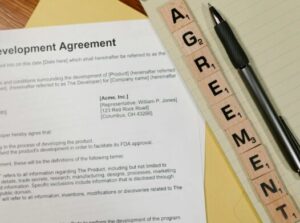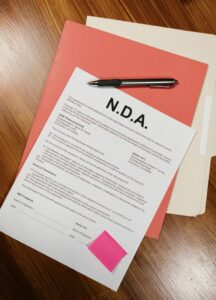Are you a person with extraordinary abilities?
This is a business law blog, but I want to discuss a topic that is usually associated with immigration law: self-petitions. Now, in the immigration context, people know of the discussion about self-deportation popularized in the 2012 presidential campaign; this is the exact opposite. This is the first of a two-part series.
EB1A-eligible professionals may not need a corporate sponsor
What does this have to do with business? A lot. For starters, EB1A-eligible individuals are the crème de la crème and make great contributions to the national economy. They are the best doctors, artists, scientists and athletes in their fields. Sometimes, these individuals are unaware that they can become lawful permanent residents without any employer sponsoring or petitioning for them.
Autonomous petitions for permanent residence
Many companies find petitioning temporary workers for lawful permanent residence expensive and unprofitable in the long run. A person of extraordinary ability has another autonomous option. Autonomous because you submit the petition yourself – a reason why this is considered an “entrepreneur’s petition.”
How to prove your eligibility for an entrepreneur’s petition
If you have extraordinary ability, then USCIS will grant you an employment-based, first-preference visa without the need to invest a million dollars. This means you get it fast. So how do you prove your extraordinariness? This is where it gets complex, which is a perfect segue into the disclaimer that although it’s called a self-petition, it is ill-advised to do this on your own. The criteria are difficult and involve a two-part analysis: the first is a judgment of the quality and nature of the evidence and the second is a qualitative analysis. The qualitative analysis is a determination of the impact of the evidence on the field of endeavor.
You must meet 3 of 10 criteria or provide evidence of a one-time achievement such as the Pulitzer Prize, Oscar, Olympic Medal, etc. The criteria are the following:
1. Evidence of receipt of prizes;
2. Selective memberships;
3. Publications;
4. Judging the work of others;
5. Contributions to the relevant field;
6. Articles in major trade publications;
7. Work being showcased;
8. Leadership roles in distinguished organizations;
9. A high salary compared to others in the field; and
10. Commercial success.
Additional information to support your evidence
The evidence must be viewed both independently and also in concert with the rest. USCIS is particular about what evidence will meet the quality conditions it imposes and what sources it trusts in proving impact. For instance, USCIS will want to know the ranking of the trade publications in which the petitioner is published. It will also want to see verifiable evidence of other articles that reference the petitioner’s publication. For instance, USCIS finds it helpful to know how many times the petitioner has been cited. One of my clients was published over 400 times! The petition was huge, needless to say. It will want positive commentary on the publications. And this is just one factor!
Seek advice from an immigration lawyer
An experienced immigration attorney can discuss your case and give you an idea of whether pursuing a self-petition is worth the expense. Many individuals with extraordinary abilities were educated here on Fulbright scholarships with government expectation of returning to their home countries for at least two years. In order to adjust to lawful permanent status, these J1 visa holders need to satisfy the home residency requirement or get it waived. Since the waiver is often a prerequisite of so many EB1A petitions, we’ll discuss it in Part Two of the Series.
Jabaly Law can help you with your self-petition for permanent residence. Reach out today to schedule a consultation.
















